
Staff development in strategic management
The priorities of the core workforce are changing, and with that comes the need for new workforce development methodologies that align personal goals with corporate goals. We talked to Cezary Maczka, Chief Human Resources Officer at Polish Pharmaceutical Group, about which workforce development strategies are coming to the fore and why it is important to pay attention to them if you want to scale your company quickly.
Managers often don’t understand that investing in employees is a long-term project. So how exactly do you build communication with management on this topic?
One of the biggest "sins" of HR is a lack of understanding of our business, and above all the indicators that managers live with every day: P&L, IRR, EBIT, CF, assets, and liabilities. Indicators are pointers for leaders on how to act. Therefore, investments in the employee should be presented in the same way.
What will this investment yield and in what time will it pay off? It's not easy, but here are a few examples from my practice.
EdF Polska (part of the French energy giant) decided to invest in a 3-year employee training and development plan. Why? It was part of a consolidation of jobs from 76 to 16, which increased the attractiveness and responsibility of the employee. It had a positive impact on their wages, motivation and reduced employee turnover.
Budimex invested in international rotations within the Ferrovial Group and sent employees to projects in the U.S., U.K. or Spain. After 2-3 years, the employees returned to Poland with completely new competencies and a fresh perspective on the construction process. This also became the basis for training in neighboring countries.
In the unstable and volatile conditions of the European market what personnel strategies would you advise?
COVID-19 changed the rules. It has forced companies to take a closer look at remote work, hybrid work, but above all, it has changed the rules of team functioning, goal setting and accountability, providing feedback, and building a sense of belonging to the organization.
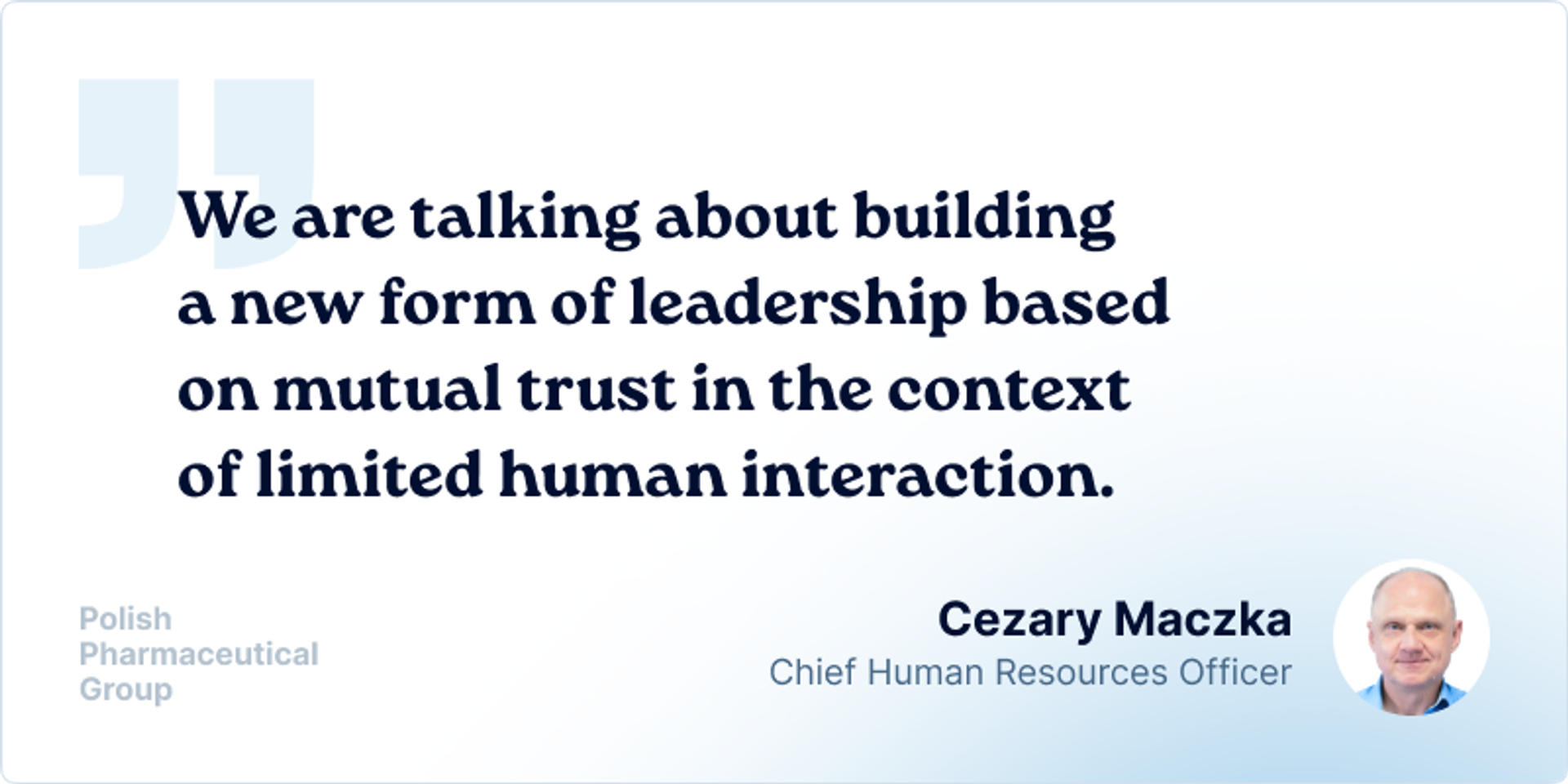
It's in this environment that HR strategy for employees who work traditionally "on-site" and those who work hybrid should be a priority. How, in such a case, do you not succumb to the stereotype that the person in the office is more productive, more committed, and easier to evaluate? And that someone who works "from somewhere - I deliberately don't use the word "home" - is less valuable? We are talking about building a new form of leadership based on mutual trust in the context of limited human interaction.
In a remote and hybrid work environment, how should talent management professionals be involved in professional staff training?
Technology is not an obstacle here, on the contrary, in many cases it helps: it reduces costs - including logistics and food which allows you to offer training to more employees. However, this requires reformatting programs, reducing their duration to a maximum of 2.5 - 3 hours per day, and introducing interactive tools, breakout rooms, etc.
In other words, reducing the time, but increasing the intensity of the training. This is a very useful during employee onboarding or corporate results presentations. It is less important during integration even if personal contact is necessary. It’s a question of balance.
Why should an HR professional collaborate as much as possible with management on the strategic development of the company?
The role of HR is to create a strategic competitive advantage, to support the business by hiring, developing, and motivating the best people available in the marketplace. This cannot be done without knowing the business and its metrics. I adhere to the principle that an HR professional who does not spend at least 75% of their time with his client group and works in the office or remotely should change jobs. They must understand the company, the market environment and related trends.
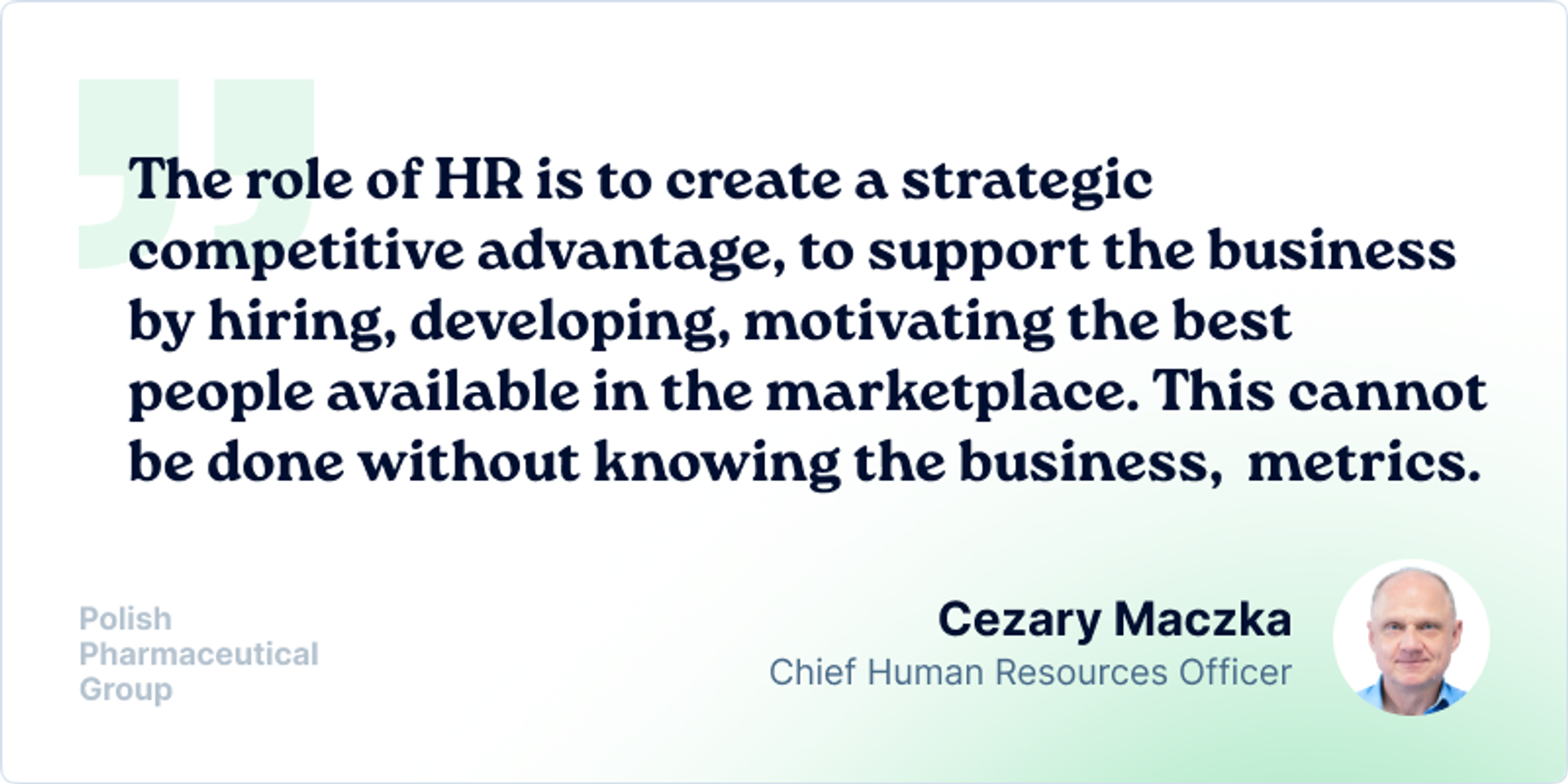
Talent management as a competitive advantage
Talent management is one of the employee development systems. What values should a company cultivate to make this system work best?
First of all, the company must understand that employee development and training is not a reward. It is only a tool to improve performance, an investment that translates into revenue. I'm a big fan of a book by veteran Navy SEAL Jocko Willink, in which he said, "Discipline equals freedom." And that is personnel development: diagnosis, plan, action, control - in other words, discipline.
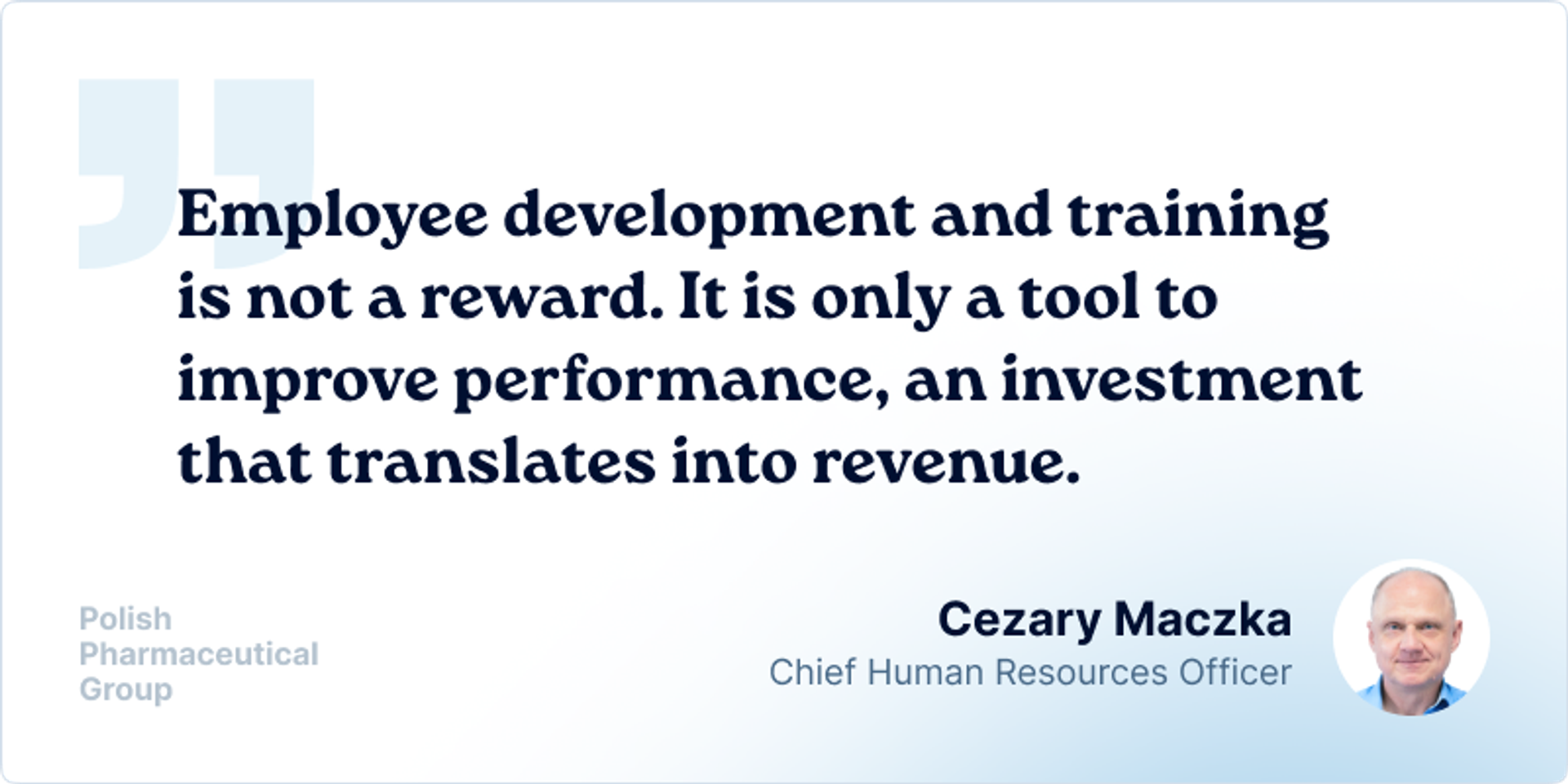
The modern employee, and especially zoomers, comes to work not just to make money but also to develop as a professional. What is the role of the HR specialist in this chain? What should they be responsible for towards achieving this?
Generations change, their needs change, but the diagnostic tools that assess these needs at one stage or another remain the same. One of these basic is EVP - Employee Value Proposition, which answers ‘why do employees choose our company and not our competitors? Why do they go to a competitor?’
It is the EVP that guides HR in the context of company strategy, on how to know and meet the needs of employees.
What should a modern HR strategy for talent management include?
It’s a combination of the culture of the organization, an EVP, and the role of the HR department itself, which is increasingly moving away from a controlling function to a counseling, coaching, or mentoring function. Working with talent is like being the pilot in a rally car: you show direction, warn about the risks, but ultimately the driver sitting to your left takes responsibility for driving the car.
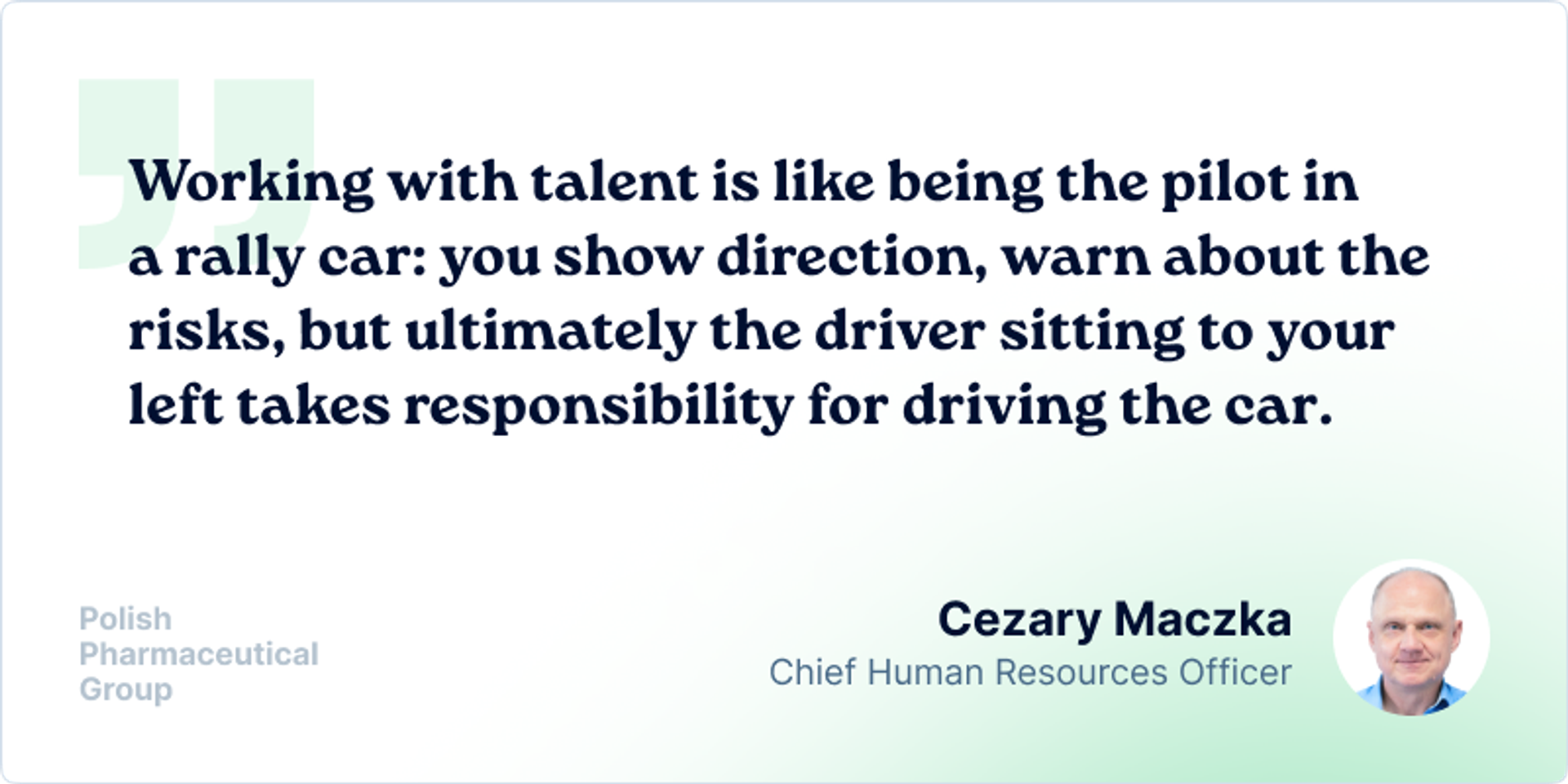
Get started with PeopleForce today
Automate your HR routine to create a high performance culture in your company. PeopleForce is your best HRM alternative to stay business driven but people focused.
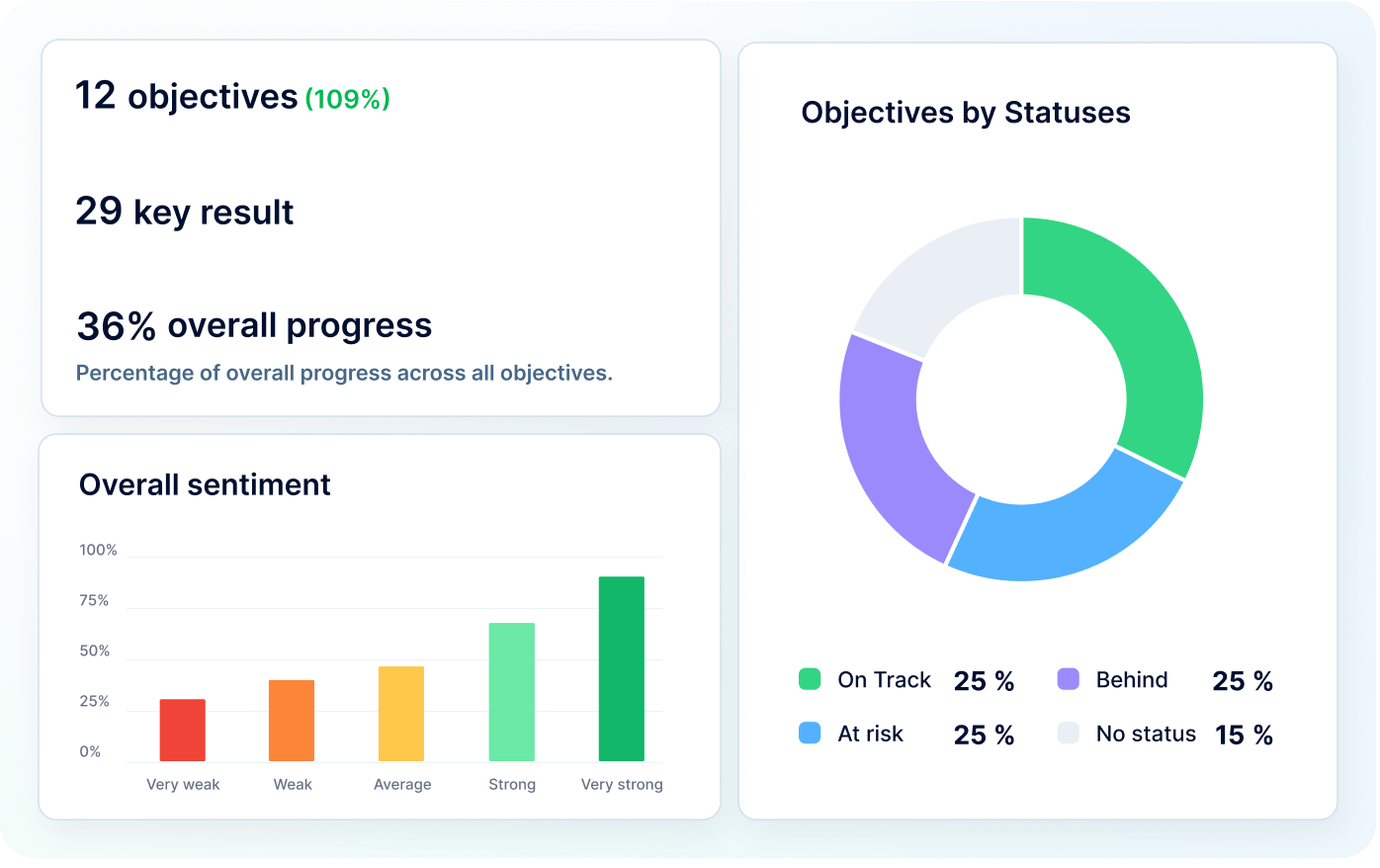
Recent articles
HR Guide to the EU Pay Transparency Directive: Expert answers
Expert answers to the most common HR questions about the EU Pay Transparency Directive. Learn what employers must prepare for — and how to stay compliant.
Top 10 ATS systems: The ultimate recruiter's guide
Looking for the best ATS? Compare the top 10 ATS systems by features, pricing, and user reviews to find the perfect hiring solution for your team.
🎉 PeopleForce Wrapped 2025: a year of HR magic
2025 wasn’t just about shipping features — it was about making HR work better at scale. Let’s unwrap everything we built together.

